First things first: this post isn’t meant to excuse the tweets President Trump issued this morning when he questioned the official death toll in Puerto Rico from Hurricane Maria and claimed Democrats had inflated the number in order to make him “look as bad as possible.” Maybe they did, but he must have known he be hammered by the media for not providing any proof. Some things would be better saved for an official statement.
He might very well have a point about the numbers, though. Back in June, Trump’s critics slammed him for not doing more for Puerto Rico when a Harvard study set the death toll at 4,645. Remember this?
Never forgotten! Never again! pic.twitter.com/9vym7egCid
— Carmen Yulín Cruz (@CarmenYulinCruz) May 30, 2018
Even Washington Post fact-checker Glenn Kessler got in on the act and said that going by Harvard’s methodology, “the actual excess death count could be as low as 793 and as high as 8,498.”
As Twitchy reported, researchers took one number — 15 deaths identified from a survey of 3,299 households — and extrapolated that to come up with 4,645 deaths across the island. That’s pretty sketchy. But that was enough for Sally Kohn to claim more than 5,000 had died.
NBC News has been tweeting about Trump’s tweets today and finds that George Washington University, which was commissioned by Puerto Rico to come up with a death toll, is standing by its research and its death toll of 2,975.
BREAKING: Pres. Trump rejects independent study that reports an estimated 2,975 people died in Puerto Rico in 5 months after Hurricane Maria; provides no evidence to discount the study; declares, without evidence, that the higher death toll is political ploy to make him look bad.
— NBC News (@NBCNews) September 13, 2018
President Trump argues that the preliminary death toll he was given immediately after Hurricane Maria could not have gone up to the toll that independent study reports with an estimated 2,975 people dead; he does not site evidence to back up his refutation of the study.
— NBC News (@NBCNews) September 13, 2018
Recommended
That covers the headlines, at least.
Last month, Puerto Rico increased its official Hurricane Maria death toll estimate to 2,975 after release of report commissioned by officials. https://t.co/iWbOl0dIUt
— NBC News (@NBCNews) September 13, 2018
According to the independent report, the number of excess deaths, which took place from Sept. 2017 to Feb. 2018, represent a 22% increase from what would have been expected during that time period.
— NBC News (@NBCNews) September 13, 2018
The study said that the risk of dying over this period was 60% higher among people living in the poorest municipalities and 35% higher among elderly men. Researchers said that the elevated risk of death persisted beyond the 5 months that were studied for these two subgroups.
— NBC News (@NBCNews) September 13, 2018
The president's tweets rejecting the high death toll in Puerto Rico come as millions across the US southeast are hunkering down for a direct hit from Hurricane Florence on Thursday. https://t.co/H8MrgP388C
— NBC News (@NBCNews) September 13, 2018
In another review, a Harvard Univ. study in May estimated that 4,645 more people died from Sept. 20 to Dec. 31, 2017, than in that same period in 2016. https://t.co/vbvCbKr5XV
— NBC News (@NBCNews) September 13, 2018
Like we said: the same people who freaked out over the 4,645 number are freaking out again over the 2,975 number.
You can read the full Harvard study here:
Mortality in Puerto Rico after Hurricane Maria. https://t.co/3zbJ4rB6fY
— NBC News (@NBCNews) September 13, 2018
The 'Mortality in Puerto Rico after Hurricane Maria' study explains its background, methods, result and conclusions here. https://t.co/n0uzvAxcB5 pic.twitter.com/wHS5Pth8DF
— NBC News (@NBCNews) September 13, 2018
The 'Mortality in Puerto Rico after Hurricane Maria' study explains its background, methods, result and conclusions here. https://t.co/n0uzvAxcB5 pic.twitter.com/wHS5Pth8DF
— NBC News (@NBCNews) September 13, 2018
A look at how the Harvard study determined population estimation for their study. https://t.co/3zbJ4rB6fY pic.twitter.com/hdbGMD2Ccj
— NBC News (@NBCNews) September 13, 2018
Maybe Chuck Todd can do the math and explain it all for us.
A look at how the Harvard study defined their statistical analysis for the study. https://t.co/3zbJ4rB6fY pic.twitter.com/bsJAKtiVls
— NBC News (@NBCNews) September 13, 2018
— NBC News (@NBCNews) September 13, 2018
Statement from George Washington University:
"We stand by the science underlying our study which found there were an estimated 2,975 excess deaths in Puerto Rico after Hurricane Maria." pic.twitter.com/P6Tbp5mTcl
— NBC News (@NBCNews) September 13, 2018
"Estimated."
The question that GWU does not address is whether they produce similar estimates for other disasters. That would show how Puerto Rico compares to other disasters with new death tolls "estimated" the same way.
Without that: useless, and likely politically motivated. https://t.co/Vn19rmAuhZ
— Joel B. Pollak (@joelpollak) September 13, 2018
The deaths of 3000 people have nothing to do with “politics” — unless we’re talking about the failure of the political institution whose job it is to keep them safe. pic.twitter.com/Z0CiEwyHX2
— Southern Poverty Law Center (@splcenter) September 13, 2018
1) I'm sure you will agree with this, as it is entirely fact-based.
The Lancet once used this exact statistical methodology for calculating so-called "additional deaths" in the 2 years following another crisis:
The Great Recession.
— Moist Bot (@Dysfunkadelic) September 13, 2018
2) The numbers were staggering:
– In the U.S. alone, and for failure of treating cancer alone, 18.000 PEOPLE WERE KILLED.
– 500.000 additional people died prematurely from cancer globally.https://t.co/OP9Znnduyf
— Moist Bot (@Dysfunkadelic) September 13, 2018
3) The number of premature deaths resulting from OTHER untreated medical conditions in the aftermath of the 2008 crisis are probably also counting in the tens of thousands in the case of U.S. alone, although not as explicitly accounted for at this date.
— Moist Bot (@Dysfunkadelic) September 13, 2018
4) So how did President Obama handle this unexpected collapse of public services paired with a sudden surge of people in need of those very same services, and the holistic public-health-approach needed to counter such extreme circumstances – with the sole aim of saving lives?
— Moist Bot (@Dysfunkadelic) September 13, 2018
5) We don't know.
All we know is that he's ultimately RESPONSIBLE for the deaths of at least 18.000 Americans.
And we know for a fact that Obama prioritized spending public $ on things like TARP over, say, free cancer care for all Americans as his crisis response.
— Moist Bot (@Dysfunkadelic) September 13, 2018
6) Is it reasonable to hold President Obama responsible for this violent uptick in natural deaths due to causes outside his control, and outside his commonly-agreed-upon areas of influence in crisis management? Absolutely not.
— Moist Bot (@Dysfunkadelic) September 13, 2018
7) COULD President Obama have saved these 18.000 Americans?
Who knows what would be practically, financially and politically possible – and to which cost. Maybe, if he was made aware of it?
All we know, following the Donald Trump methotology for culpability, is that he FAILED.
— Moist Bot (@Dysfunkadelic) September 13, 2018
8) Now, is there a lesson in this direct comparison of successive presidents, their respective actions in the face of crisis – and the resulting rhetoric they are respectively forced to confront from the most influential media on the planet?
Not at all.
Trump bad, Obama good.
— Moist Bot (@Dysfunkadelic) September 13, 2018
Again, we’re not defending Trump’s tweets, but it should be noted that we’re looking at two studies by two different universities, each of which came up with a drastically different number.
In other words, no one really knows — shouldn’t the Puerto Rican government be able to account for its citizens?
In any case, the mayor of San Juan really needs to have a new hat made up. The old one’s wrong.
Related:
Sally Kohn actually ups the debunked Puerto Rico death toll by a few hundred people https://t.co/YhZn5fMqqq
— Twitchy Team (@TwitchyTeam) June 7, 2018
















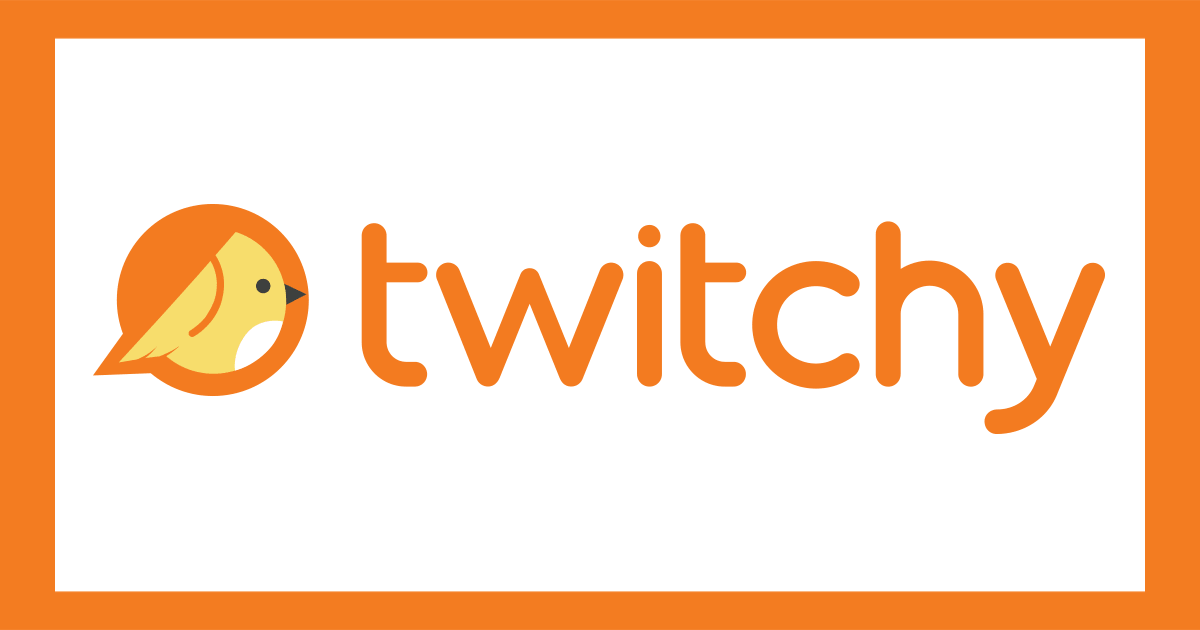

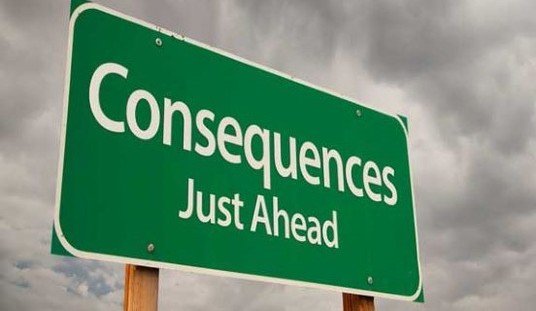
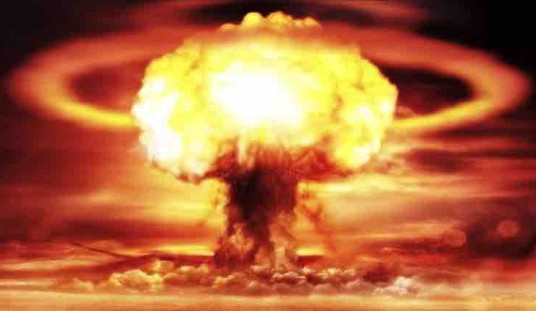
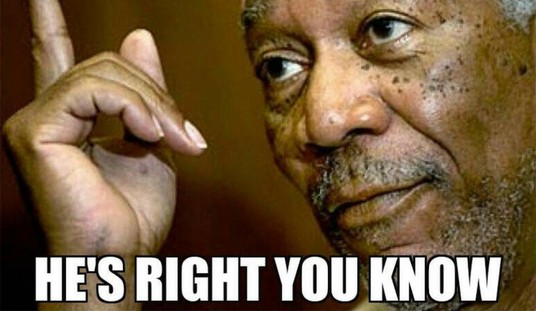
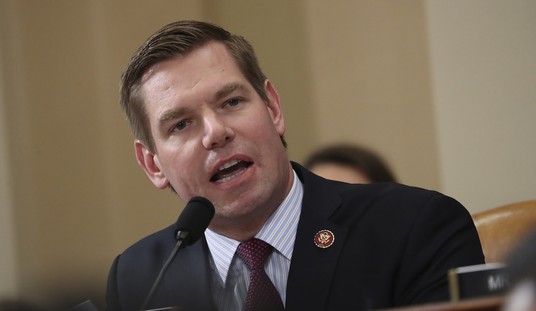


Join the conversation as a VIP Member